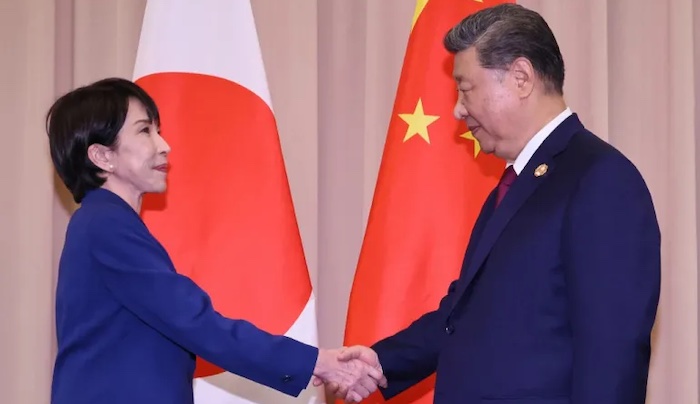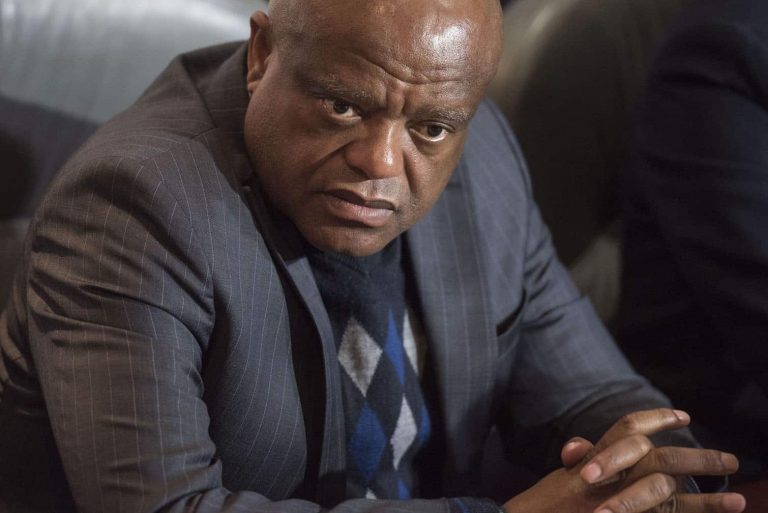
Japan on Monday sought to ease rising tensions with China after Beijing issued a travel warning advising its citizens to avoid Japan amid a dispute over comments relating to Taiwan.
The diplomatic friction intensified after Prime Minister Sanae Takaichi told Japanese lawmakers earlier this month that a Chinese attack on Taiwan threatening Japan’s survival could prompt a military response. Previous administrations have avoided discussing such scenarios publicly to prevent provoking Beijing, which claims the self ruled island.
Japanese media reported on Monday that Masaaki Kanai, director general of the Foreign Ministry’s Asia and Oceania bureau, will meet his Chinese counterpart Liu Jinsong in Beijing this week. According to the reports, Kanai is expected to clarify that Takaichi’s remarks do not represent a shift in Japan’s security policy and to urge China to avoid actions that further damage bilateral ties.
Taiwan lies just over 110 kilometres from Japan’s westernmost islands and sits near critical sea lanes essential for Japan’s oil and gas imports. Japan also hosts the largest concentration of US military forces outside the United States.
“Various channels of communication are open,” Japan’s Chief Cabinet Secretary said at a regular press briefing when asked about Kanai’s planned trip to Beijing.
China’s travel advisory, he added, “is incompatible with the broad direction of promoting a strategic, mutually beneficial relationship. We have made a firm request for the Chinese side to take appropriate steps.”
Takaichi may have the opportunity to meet Chinese Premier Li Qiang later this week, with both expected to attend the Group of 20 summit in South Africa from Friday.
Speaking to reporters in New Taipei on Monday, Taiwan President Lai Ching te accused China of pursuing a “multifaceted attack” on Japan.
“I call on the international community to continue paying close attention and I also urge China to exercise restraint and demonstrate the conduct befitting a major power, rather than becoming a troublemaker for regional peace and stability,” he said.
Faridah Abdulkadiri



